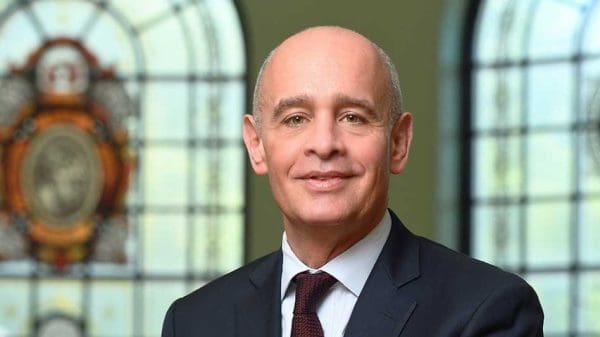
When Odysseus heads off to fight in the Trojan War, he asks his old friend Mentor to watch over his son, Telemachus, while he’s away.
From there, the story gets a bit murky. Telemachus does receive advice—sometimes from Mentor, and sometimes from the goddess Athena disguised as Mentor. In some interpretations, the guidance is not always very good; some scholars suggest that it was Mentor who allowed the suitors of Odysseus’ wife, Penelope, to wreak havoc in their Ithaca home. Later, when Odysseus finally returns, Mentor/ Athena advises Telemachus to stand up to the suitors, which he successfully does.
Details notwithstanding, the idea of a mentor as a trusted guide who draws on experience to offer support and advice has been with us ever since. Many of us are fortunate enough to have first-hand experience as mentees and/or mentors. Whether these experiences are formalized or more organic, we know that the magic that can happen between people in such relationships can enrich and even change the course of careers and lives, and that it often becomes equally meaningful and transformative for both parties. One of our feature stories in this issue, beginning on page 18, explores a few of these relationships at the Krieger School.
Mentors Make a Difference
When I look back over my own career, I realize with ever greater clarity how tenuous almost every aspect has been. There were innumerable times when everything could have come to a screeching halt—and the only reason it didn’t was this: I had a series of mentors and other people who chose to take a chance on me. That fact has attuned me to the needs of the many students who don’t have those opportunities, and for the even more pressing need for faculty in research institutions to take time mentoring undergraduate, as well as graduate, students.
Students can’t succeed in our new information economy unless they are part of the process of knowledge making and discovery—in other words, research. So, we need to find new ways of including these students in the mission of discovery. They need to interact with faculty and graduate students, and they need to find meaningful mentoring relationships throughout their undergraduate experience. This need is acutely important in the case of first-generation, limited-income students, for whom entering a research university can often be an alienating, rather than a welcoming, experience.
As you will read in The Building Blocks of Mentorship, the Krieger School is investing in learning about all the ways mentorship works, and supporting every department, program, and center in developing and deepening the approaches that work best for them. This is profoundly important work that can create both long-lasting and life-changing results.


